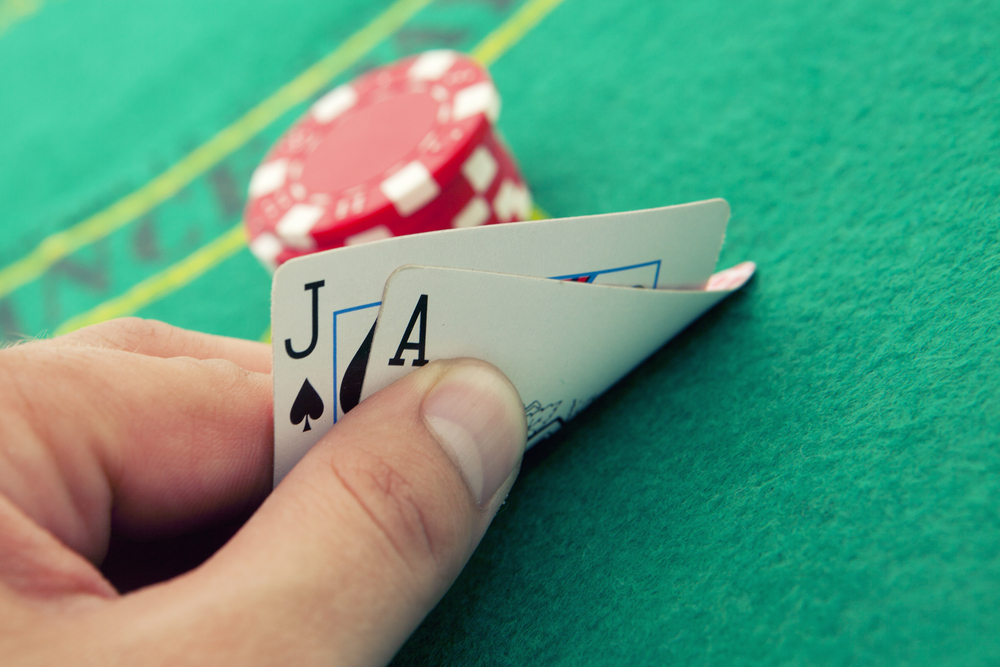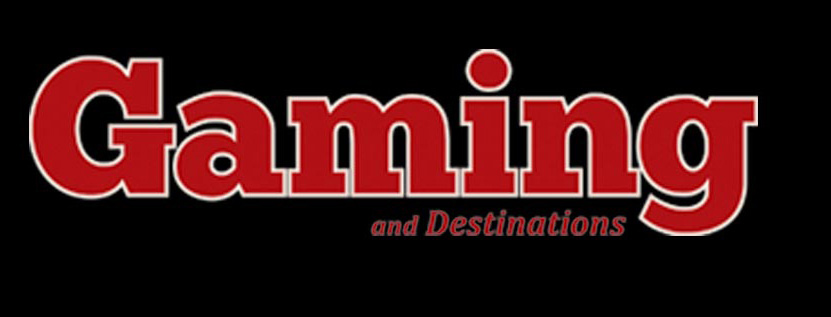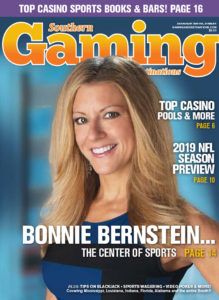
A friend of mine was watching me play blackjack in a casino. I was playing heads-up against the dealer in a double-deck game. He didn’t say much to me while I was playing other than to give me an “atta boy” when I beat the dealer, or offer condolences when the dealer pulled a miracle draw to beat me.
After about forty-five minutes of playing, we broke for lunch. My friend is a typical casual blackjack player and he queried me about some of the insurance bets that I made. “How come you sometimes insured your 20s and other times you didn’t, and why in hell did you insure your 7? I always thought you’re supposed to insure your good hands and not your bad hands?” I proceeded to explain to him the following.
When you make the insurance bet, you are betting on the dealer’s hand, not your hand. Specifically, you are betting that the dealer has a ten-value card in the hole for a blackjack. Insurance is a bad bet, I told him, but it’s an even worse bet when you are holding a pair of 10s rather than a weak hand that contains no tens. I asked him, “Can you see why?”
He still had a confused look on his face,so I continued. If your hand contains two 10s, you’ve taken out of play two of the very cards that you are betting that the dealer has, making the odds worse compared to your holding a hand that contained no 10s. The light bulb finally went on in his hand.
“OK,” he said, “Now I understand why it’s worse to insure a 20 rather than a 7 but how come you sometimes insured your 20?”
I went on to explain that the reason the insurance bet, per se, is a bad bet for non-counters is because you’re getting paid 2-1 on a bet that has greater than 2-1 odds against winning. But, if you were tracking the cards as they were played, which I was, insurance becomes a profitable play when the number of 10s in the remaining decks is greater than half the number of non-10s. Card-counting systems will alert you when this situation occurs, which is why the insurance bet can be a profitable for card counters regardless of what hand they happen to be holding.
“Oh,” he said “so it’s not whether you have a good hand like 20 that determines whether you make the insurance bet, but rather if the remaining cards are loaded with 10s. I guess I should stop insuring my good hands until I learn card counting.” I finally smiled and said, “Now you got it!”
Just when I was ready to leave, my friend asked me a question about taking “Even Money,” which is the same as taking insurance when you have a blackjack hand and the dealer has an Ace showing. When the latter occurs, the dealer will ask the player if he wants “Even Money,” meaning the dealer will automatically payoff the player’s wager at even odds before checking if she has a blackjack.
Most players are perplexed when this happens and usually ask the dealer or a fellow player for advice on what to do. Their response is usually “take the even money because you can’t lose.” It’s true that if you take the even money proposition, you’ll automatically win a 1-1 payoff regardless if the dealer has a 10 in the hole. However, if you decline the even money bet and the dealer doesn’t have a ten in the hole you could win 1.5 times your wager for your blackjack. It turns out that 30.6% of the times that the dealer has a blackjack you will win nothing (push) but the other 69.4% of the times you will win 1.5 times your bet which equates to an average win of 1.04 units. In fact, the casinos know that the value of your blackjack hand is greater than 1 unit, which is why they are willing to pay you only 1 unit by offering you even money. So I asked my friend, “Is it better to always get a 1 unit payoff when you accept the even money or decline the even money and get an average return of 1.04 units. Thankfully, he said, “From know on, I’ll decline the even money proposition.”
_______
Auhtor Bio: Henry Tamburin is a blackjack and video poker expert. He is the host of the smartgaming.com website and the editor of the Blackjack Insider newsletter (for a free three-month subscription, visit www.bjinsider.com/free). For a free copy of his Casino Gambling Catalog, which contains books, strategy cards, and software for video poker players, call toll free 1-888-353-3234, or visit the web store at smartgaming.com.





